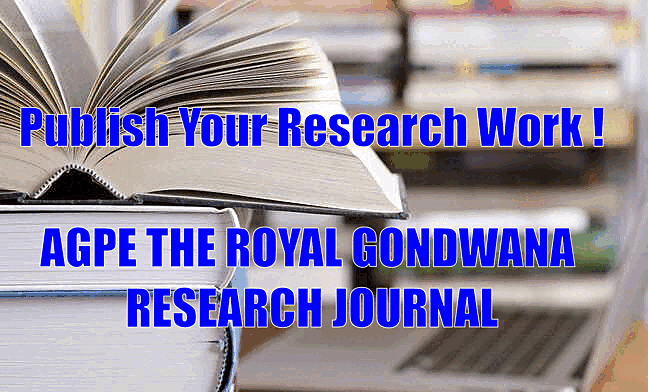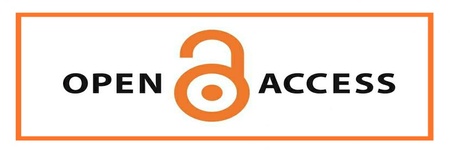ARTIFICIAL INTELLIGENCE: RESHAPING THE TOPOGRAPHY OF PEDAGOGIC PRACTICES - A COMPARATIVE STUDY ON CURRICULUM CONSTRUCTION, TEACHING MODALITIES, AND EVALUATION TECHNIQUES
Keywords:
Artificial Intelligence, Pedagogy, Curriculum Construction, Teaching Modalities, Evaluation Techniques, Big Data, Individualized Instruction, Adaptive Learning, Comparative Study.Abstract
This study presents an in-depth analysis of the transformative impact of Artificial Intelligence (AI) on educational practices. The paper comparatively investigates curriculum development, teaching modalities, and evaluation techniques pre- and post-AI implementation. The data collected from various educational institutions globally provided empirical evidence of AI's profound influence on pedagogy. The study revealed that AI not only facilitates individualized instruction and assessment but also enables innovative curriculum design by harnessing big data analytics. However, challenges related to ethical considerations and technology infrastructure were also identified. The findings suggest that AI, when adequately implemented, could reshape the educational landscape by making it more personalized, adaptive, and data-driven, thereby revolutionizing the future of teaching and learning.
Downloads
Downloads
Published
How to Cite
Issue
Section
License
Copyright (c) 2023 Subharun Pal

This work is licensed under a Creative Commons Attribution-NonCommercial 4.0 International License.








